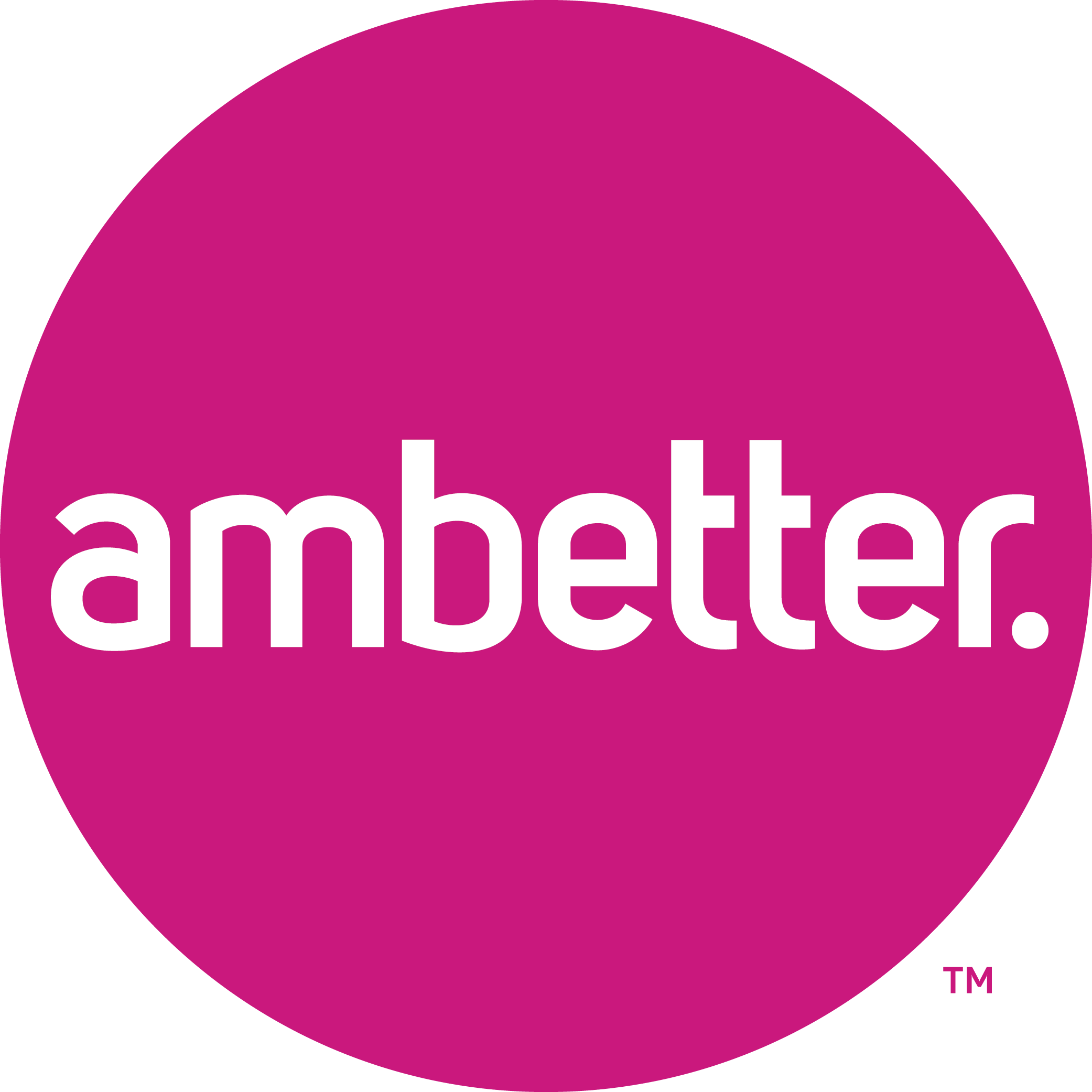Bipolar disorder is a mental health disorder characterized by shifts in mood, ranging from manic highs to depressive lows. Bipolar disorder causes are believed to be a combination of genetics, environment, and altered brain structure and chemistry, something our Florida rehabs are familiar with. Symptoms of bipolar disorder vary depending on the mood the person is in. While manic episodes are marked by increased energy and impulsivity, depressive episodes are characterized by low energy and motivation. If you or someone you care about is struggling with these symptoms, our bipolar inpatient treatment center in Boca Raton can help.
Impact of Bipolar Disorder on the Body & Mind
As with any mental illness, bipolar disorder can have a significant impact on one’s life. While it’s characterized by one or more occurrences of manic or mixed episodes, in some cases, depressive episodes also occur.
However, while depression is commonly associated with bipolar disorder, not everyone with this diagnosis experiences depressive episodes. Additionally, bipolar disorder has the potential to affect nearly all areas of the body, not just the person’s mood and thoughts.
The impact of bipolar disorder may extend to areas of the body including:
- Central nervous system
- Cardiovascular system
- Endocrine system
- Skeletal and muscular systems
- Gastrointestinal system
Bipolar disorder can also affect a person’s performance at work or school. It can make concentrating and staying organized a challenge, as well as building and maintaining relationships, whether they are romantic partnerships, friendships, or relationships with coworkers.
To cope with these symptoms, a person with bipolar disorder may turn to harmful behaviors like drug and alcohol use, unaffordable spending sprees, and may have unrealistic beliefs about their abilities. Nonetheless, people with bipolar disorder are still high-functioning individuals and can maintain a healthy professional and personal life with the right kind of help.
Our bipolar disorder treatment in Boca Raton not only focuses on addressing the current symptoms that the client is struggling with but also on promoting independence, self-awareness, and motivation. We give our clients the support and guidance they need to live the lives they want with their diagnosis.
Can You Live a Normal Life With Bipolar?
Yes, having bipolar disorder does not exclude leading a regular life. Although having bipolar disease can come with its own set of difficulties, those who are diagnosed with it can lead happy, successful lives if they receive the right care and support. It's critical to stress that everyone's definition of "normal" is different, and that what makes a fulfilling life is a personal choice. Many people with bipolar disorder can effectively manage their symptoms and follow their goals, which may include keeping a stable job, fostering relationships, or engaging in hobbies and interests, with the correct mix of medication, treatment, and lifestyle modifications.
However, it's imperative to understand that managing bipolar disorder requires ongoing effort and reflection. This can mean adhering strictly to a treatment plan, making regular appointments with mental health professionals, and making adjustments as needed. Having a supportive network of understanding friends and family can also be very beneficial. When provided with the right tools and services, people with bipolar disorder can enjoy happy lives and make meaningful contributions to their communities.
What Are the Coping Skills for Bipolar Disorder?
Symptom management and stability necessitate a multimodal strategy for people living with bipolar disorder. Those with bipolar disorder can greatly enhance their quality of life by learning appropriate coping mechanisms in addition to receiving medical care and expert assistance. These abilities enable people to deal with the difficulties that can come up during manic and depressive episodes, which eventually improves mental health and general well-being.
Valuable examples of Bipolar disorder coping skills include:
- Regular exercise: Physical activity regularly can assist with stress and mood management. Walking, running, yoga, and swimming are especially good activities.
- Mindfulness and meditation: People can reduce their anxiety and sadness by engaging in mindfulness and meditation practices, which enhance their capacity for self-awareness and present-moment awareness.
- Maintaining a consistent routine: Individuals who follow a well-planned daily routine typically experience greater stability and predictability, which is very beneficial for dealing with mood swings.
- Balanced diet: Eating a balanced, nutrient-rich diet helps support the preservation of both physical and mental well-being. Reducing alcohol and coffee intake can also help improve emotional stability.
- Adequate sleep: Regularly getting adequate sleep is crucial to managing bipolar symptoms. Creating a calming bedtime routine and outfitting a comfortable sleeping area can promote higher-quality sleep.
- Journaling: Keeping a journal can help you keep track of your feelings, identify stresses, and identify patterns and trends in your mood swings.
- Effective communication: Individuals with strong communication skills are better able to establish positive relationships and communicate their needs and feelings to others.
- Self-care practices: Engaging in happy and calming activities such as reading, taking up a hobby, or going outside can provide a much-needed respite from the challenges that come with having bipolar disease.
Coping with bipolar disorder is possible through the integration of these steps into an affected individual's daily routine. However, it's important to remember that every individual with bipolar experiences the condition differently and that what works for one person may not work for another. By trying out different coping techniques and seeking professional help, people can tailor their coping skills to meet their specific needs and preferences.
What Our Inpatient Treatment for Bipolar Disorder Offers
Unfortunately, many bipolar disorder treatment centers fail to acknowledge the various subtypes of the disorder. There are four different types of bipolar disorder: bipolar disorder I, bipolar disorder II, cyclothymic disorder (cyclothymia), and unspecified bipolar disorder.
These subtypes differ in type and frequency of symptoms, meaning they each require a different form of care. At our Florida bipolar disorder treatment center, we account for all these subtypes and offer individualized treatment programs for all patients to ensure they receive the care they need.
During the admission process, clients undergo a clinical assessment with our team to determine the best course of action regarding their treatment. With these results, our therapists can create a unique treatment program based on factors like the severity of the person’s disorder, when they were diagnosed, family history of mental illness, and others.
More specifically, our Boca Raton mental health facilities offer residential treatment for bipolar disorder, meaning clients live at the residence during their programs. Clients in residential treatment programs reside at our facility, where they go about daily life in a supportive environment with others who are also receiving treatment and receive daily support from specialized doctors, therapists, and other mental health experts.
Residential mental health care is one of the most intensive levels of care available at our Boca Behavioral Health Center, as a staff member is available 24/7. In addition to the daily support and supportive environment, residential bipolar disorder treatment programs also offer the benefit of comfort and peace akin to that of a homelike environment, separating clients from the business and stress of daily life outside of rehab.
Our cutting-edge treatment for bipolar disorder in Florida offers benefits like removal from one’s current situation, round-the-clock care, aftercare support, and various forms of evidence-based psychotherapy programs. These programs include:
- Cognitive-behavioral therapy (CBT)
- Dialectical behavior therapy (DBT)
- Biofeedback
- Equine-assisted therapy
- Motivational interviewing
- & More
Call Our Bipolar Inpatient Treatment Center Today
Our bipolar disorder treatment center is available to men and women ages 18 and older looking to receive healing from mental illness in a supportive, calm, and positive environment. Treatment at our Boca Raton rehab addresses more than just one type of disorder and may be the best choice for those whose recoveries weren’t successful with other forms of therapy or levels of care.











